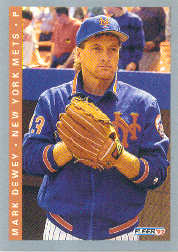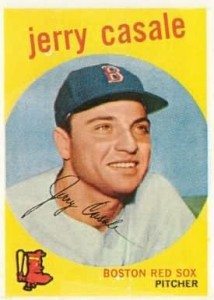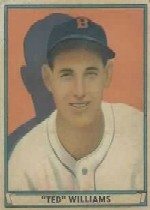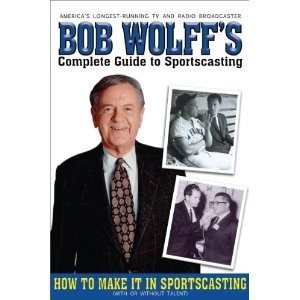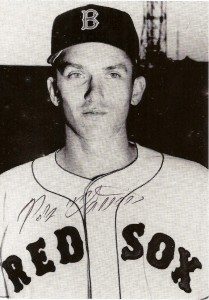Who needs fortune cookies? The hobby has been sending me messages! Such as…
1. This hobby is humbling: When Mark Dewey replied politely, he began his letter, “Dear Mr. Owens.” People called my Dad MISTER. That means I’m old?!?
2. Count your hits, not your misses: This coming week, I’ll share a fantastic reply from RICH Billings, the 1970s catcher. He made an incredible observation about Ted Williams. What I’ll try not to bemoan is how the envelope looked like an origami project run amok. Mister Billings had enclosed a card. Not since I put dupes in my bike spokes has such a result been seen. Nonetheless, I’m grateful to the Postal Service. This was my first disabled list envelope in eight months.
3. Don’t believe every card you read: If any of you write to Billings, note that he is not a DICK. The 1971 Topps card reproduced his signature as RICH BILLINGS. Still, Topps insisted on identifying him as “Dick.” Billings signs his autograph as “Rich.” Even his return address label confirms his first name of choice.
Readers: what lessons have your TTM responses taught you?

